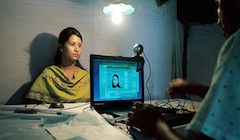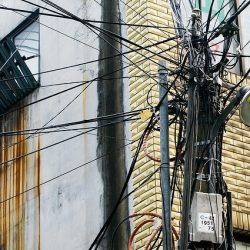Bangladesh Introduces ‘Smart’ National Identity Cards
On October 2, the Bangladeshi government inaugurated Smart National ID cards (NID) as part of their Digital Bangladesh initiative, aiming to distribute the cards to 100 million people in Bangladesh. The NID cards replace existing laminated cards used by the Election Commission, but they have many other functions. Banking, passport details, driving licenses, trade licenses, tax[…]









